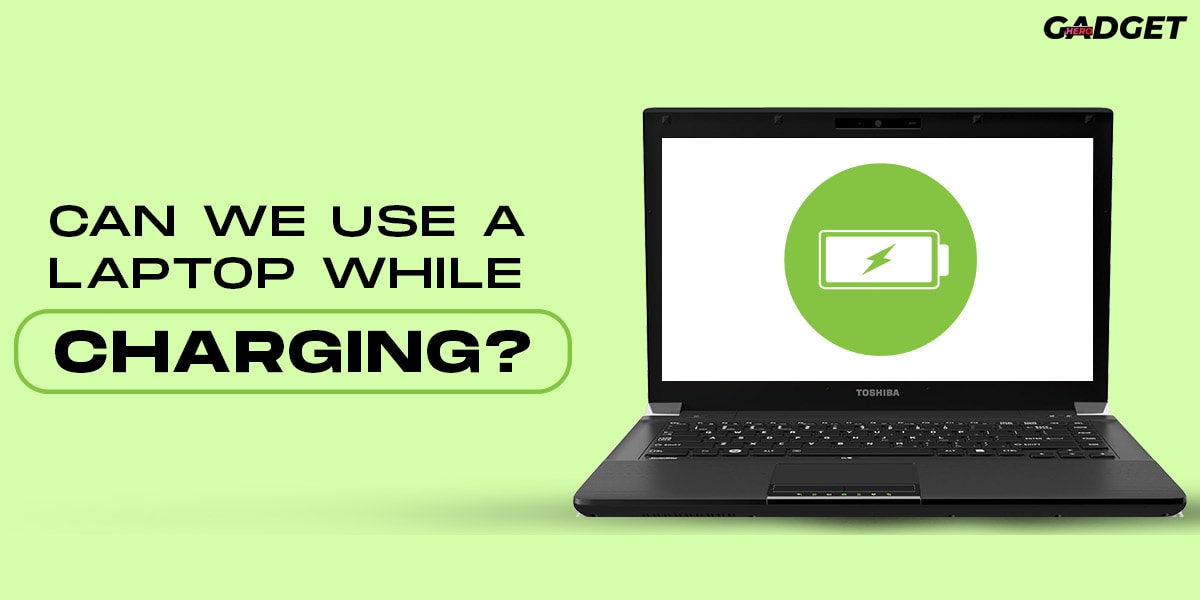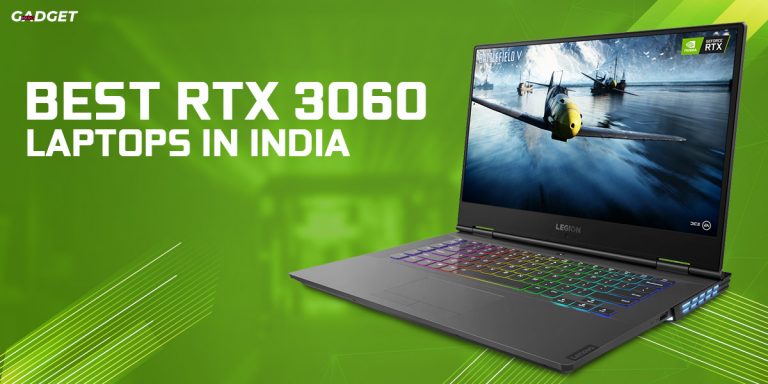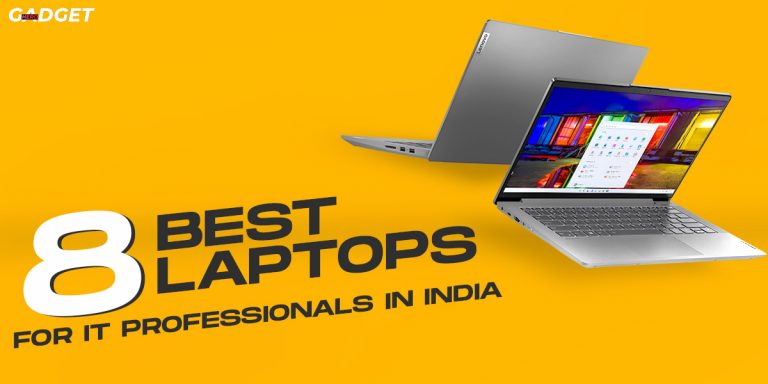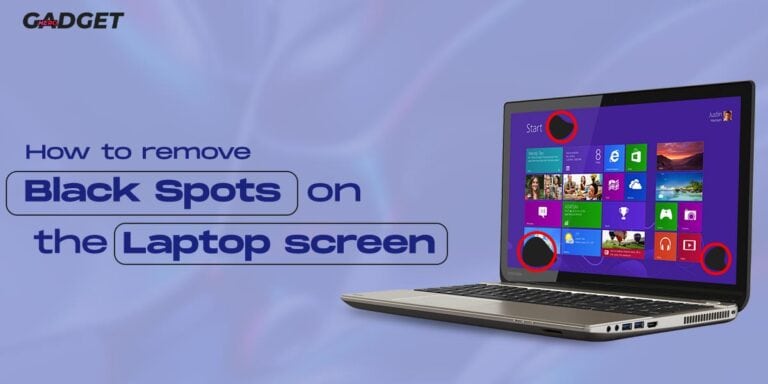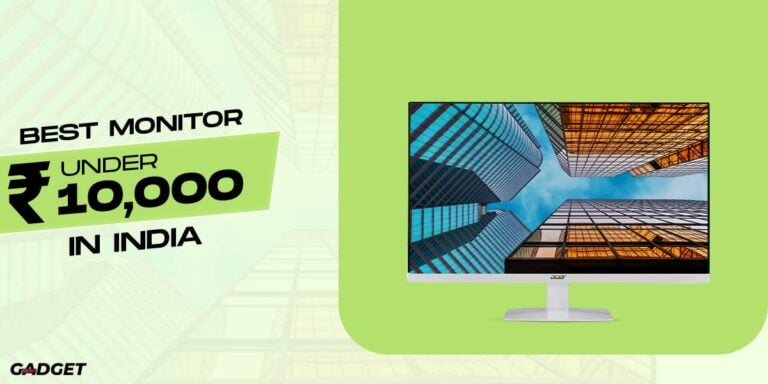Can We Use A Laptop While Charging? | Good Or Bad?
The question that is asked often is whether it safe to use your laptop while charging. Whether it is from popular brands like Asus and HP or it is from lesser-known brands like Mi. As laptops become more important in our lives, the issue of charging them has become even more important. The main issue with using a laptop while it is charging is that it can cause the laptop to overheat.
If the laptop overheats, it can cause damage to the internal components and even lead to a fire. This is why it is important to understand the risks of using a laptop while it is charging and make sure to take the necessary precautions.
Is It Safe To Use A Laptop While Charging?
The answer to this question is not a simple yes or no. It depends on a variety of factors, such as the type of laptop ( gaming laptop or laptop for Professional work), the charger, and the environment. In general, it is not a good idea to use a laptop while it is charging, as it can cause the laptop to overheat and lead to damage.
That being said, it is possible to use a laptop while it is charging as long as you take the necessary precautions. Make sure to keep the laptop in a well-ventilated area and make sure not to use the laptop for any intensive tasks while it is charging. Also, make sure to use the correct charger for your laptop and ensure it is in good working condition.
Is It Ok To Use A Laptop While Charging?
Yes, using a laptop while charging is okay as long as you follow the necessary precautions. Make sure to keep the laptop in a well-ventilated area and make sure not to use the laptop for any intensive tasks while it is charging. Additionally, make sure to use the correct charger for your laptop and make sure it is in good working condition.
Does The Laptop Get Heated Up While Using A Laptop While Charging?
Yes, the laptop can get heated up while it is charging. This is because the laptop is using energy from the charger, and this energy is converted into heat. If the laptop is in a poorly ventilated area, the heat can build up and cause the laptop to overheat.
To prevent this from happening, make sure to keep the laptop in a well-ventilated area and make sure not to use the laptop for any intensive tasks while it is charging.
Can You Speed Up The Laptop Charging speed?
Yes, it is possible to speed up the laptop charging speed. There are a few ways to do this, such as using a higher-voltage charger or using a charging dock.
Additionally, you can also reduce the number of programs and applications running on the laptop while it is charging, as this can reduce the amount of energy being used and thus speed up the charging process.
Does The Laptop Battery Life Cycle Deteriorate?
Yes, using a laptop while it is charging can cause the battery life cycle to deteriorate over time. This is because the laptop is using energy from the charger while it is charging, and this can cause the battery life cycle to decrease.
To prevent this from happening, make sure to use the correct charger for your laptop and make sure it is in good working condition. Additionally, make sure not to use the laptop for any intensive tasks while it is charging.
Can I Remove My Laptop Battery While It Is Plugged In?
No, it is not recommended to remove the laptop battery while it is plugged in. This is because the laptop is using energy from the charger while it is charging, and removing the battery can cause the laptop to overheat. Additionally, it can also cause damage to the internal components of the laptop.
It is not recommended, but it is okay if you do so. Removing the battery from your laptop is necessary if you need to reset hard or replace the internal hardware. However, if you are planning not to use the laptop for a long time, it is a great idea to remove the battery.
Can You Overcharge The Laptop Batteries?
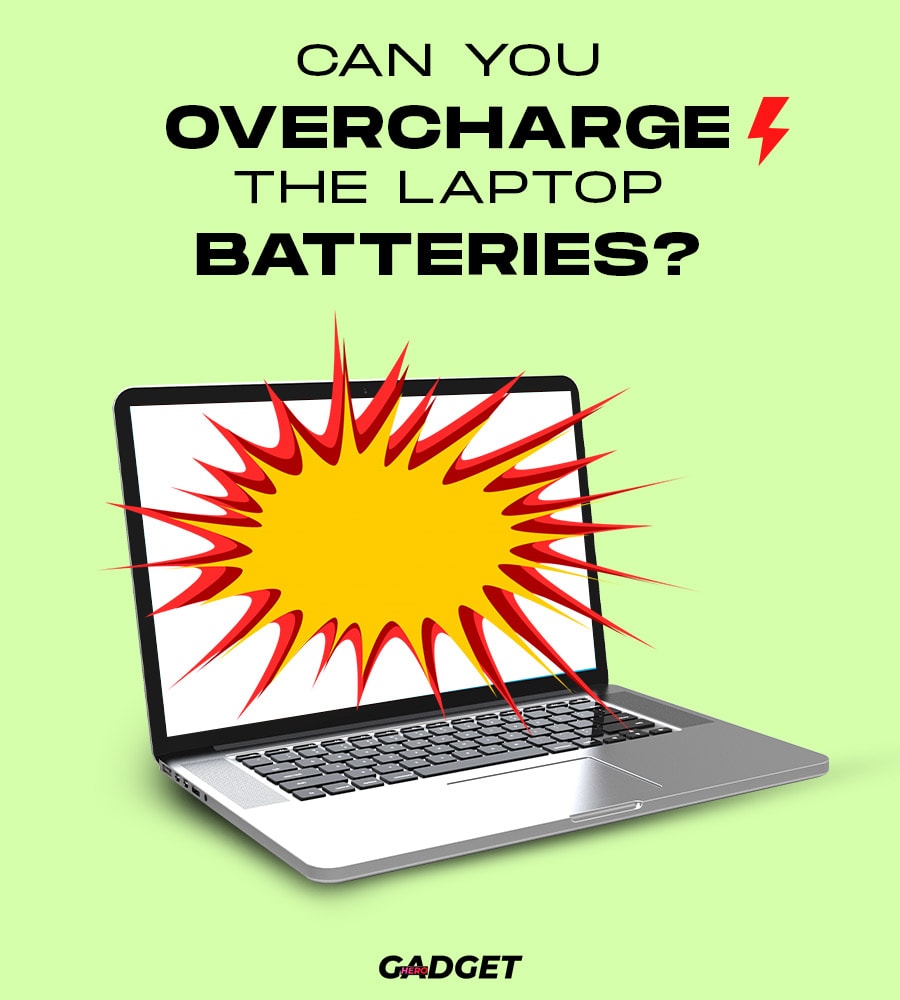
Yes, it is possible to overcharge the laptop batteries. This occurs when the laptop is plugged in for too long, and the battery cannot discharge the energy from the charger. This can cause the battery to overheat and can lead to damage to the internal components of the laptop.
This works only with older batteries, and modern laptops cannot be overcharged. Modern laptops use a lithium-ion battery. You cannot overcharge your battery. The internal hardware of the lithium-ion battery prevents it from charging until the voltage drops below 100%.
There are multiple reasons for heating the batteries, the most common reasons being overcharging, fans not working efficiently, or defective batteries. The batteries can heat up due to multiple reasons but what must be prevented is it exceeding bearable temperatures. Constant heating of the batteries while charging can have a negative impact on the battery’s health.
We have listed down some ways which can prevent your battery from heating:
- Remove Dust From The Laptop For Efficient Airflow
- Check For Wear And Tear
- Use The Original Or Certified Laptop Charger
- Prevent Unnecessary Apps And Processes From Starting Automatically
- Use A Laptop Cooling Pad
- Keep The Room Cooler
- Update BIOS Settings
- Run The Power Troubleshooter Menu
- Change The Power Plan
- Replace CPU Thermal Paste
Conclusion
Using a laptop while it is charging can be a tricky issue. While it is possible to do so, it is important to take the necessary precautions and make sure to keep the laptop in a well-ventilated area and not use the laptop for any intensive tasks while it is charging.
Additionally, make sure to use the correct charger for your laptop and make sure it is in good working condition. Lastly, make sure to unplug the laptop when it is fully charged and not to leave it plugged in for too long.
By following these tips, you can make sure that your laptop is safe and that its battery life cycle does not deteriorate.

